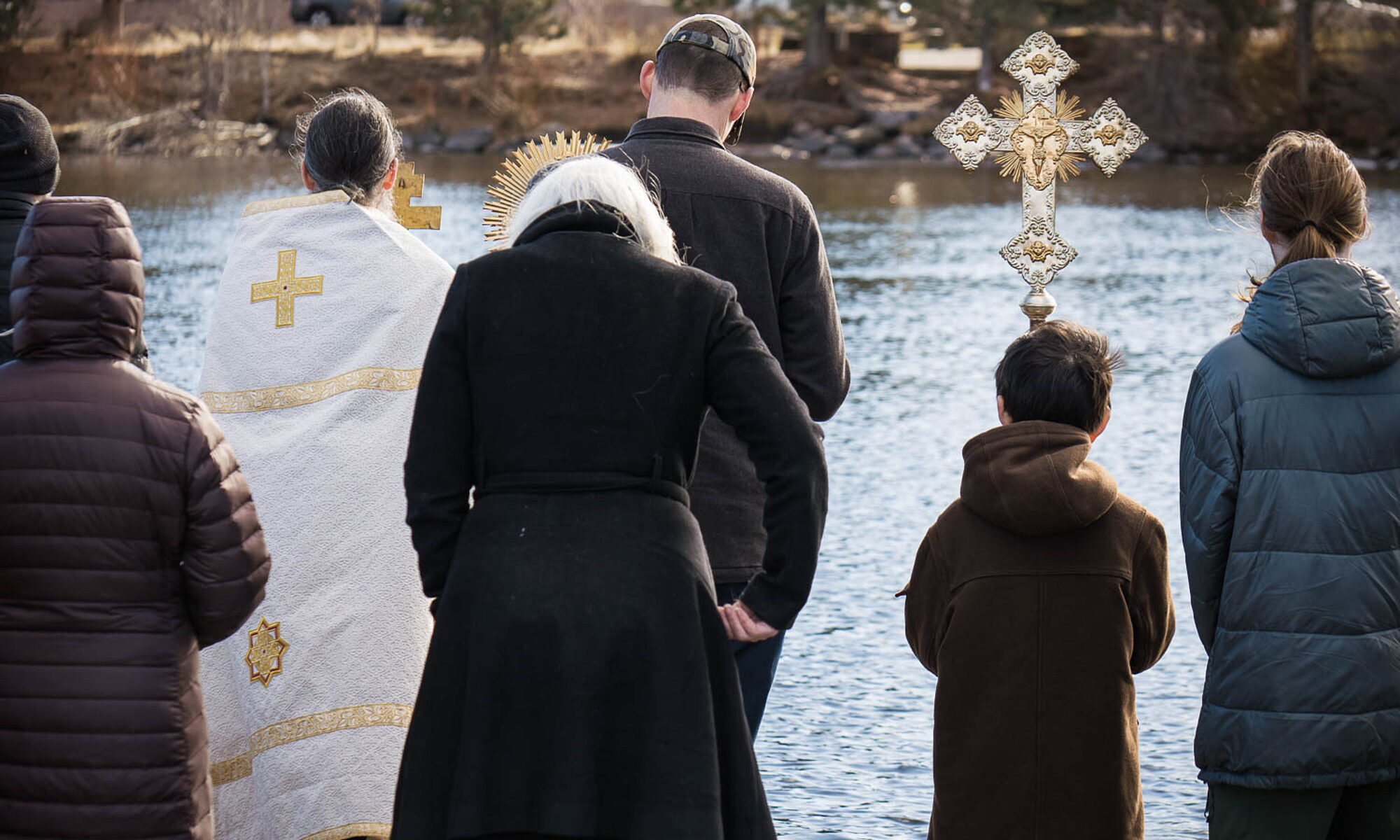“If you are called to be in the monastery, you better not go [into missions], and if you are called to go, you better not be in the monastery.” How these words came from the mouth of an Orthodox Christian deeply involved in missions, I cannot understand.
In context, it was clear that this viewpoint came from someone who sees monasteries as merely a place to provide spiritual health to parishioners in the world, maybe something like a retreat center. Even if that was all monasteries were, then we should we not start monasteries wherever we are involved in mission so that the host people can also have the benefit of that spiritual guidance? But it is not a well thought out viewpoint; it is (as a best case scenario) an accidental misunderstanding of monasticism and the various vocations of the Christian faith, likely from a leftover Protestant, Romo-phobic viewpoint.
Point 1: the easiest case to make for monastics in missions. Later in the same person’s talk, there was an encouragement to send young people into missions. One of the reasons to send young people is that they are often single and do not have the burdens of marriage and family. Having someone not married and without children in the mission field is a huge benefit.
Point 2: “spiritual maturity”. What I would not have given, back when I was in missions, to work with somebody that not only was single and without the need to care for a family, but also was spiritually solid enough to handle the strain of mission work. The vast majority of people in missions fit into one of two groups: older, wiser, and hopefully more spiritually founded, but married; or young, unattached, but lacking even the basics of a solid life of prayer and spiritual struggle. Not that all monastics are spiritual giants, but they have, at the very least, attempted to move toward a more rigorous spiritual struggle than those of us still living in the world.
Point 3: what of the missionary saints? For an Orthodox Christian involved in missions to make a comment separating missionaries and monastics is a complete denial of the mission history of the Church. There have been some wonderful, married Orthodox missionaries; St. Innocent of Alaska (went to Alaska as a married priest) and St. Jacob of Alaska come to mind immediately. But I think the only rebuttal needed is this: St. Sebastian of Jackson and San Francisco, St. Nicholas of Japan, St. Juvenaly of Alaska, St. Herman of Alaska, St. Cosmas of Aitolia, St. John of Tobolsk, Ss. Cyril and Methodius, St. Aidan of Lindesfarne, St. Patrick of Ireland, St. Irenaeus of Lyons, and St. Martin of Tours.
Point 4: who incarnates the Gospel better than a monastic? The other three points were more simple to make, but this is what really digs down to the heart of the matter. We have already talked about the words testimony, witness, and martyrdom, being the same word in the Scriptures. It is no accident that monastics and martyrs share two of the three Old Testament lessons in the Vespers. The common theme is not a martyric death, but a martyric life, as you can see…
“But though the righteous be prevented with death, yet shall he be in rest. For honorable age is not that which standeth in length of time, nor that is measured by number of years. But wisdom is the gray hair unto men, and an unspotted life is old age. … He, being made perfect in a short time, fulfilled a long time: for his soul pleased the Lord…”
St. John Cassian (backed up by St. Gregory of Nazianzus and others) clarifies this passage for us:
“Just as all young men are not alike in fervour of spirit nor equally instructed in learning and good morals, so too we cannot find that all old men are equally perfect and excellent. For the true riches of old men are not to be measured by grey hairs but by their diligence in youth and the rewards of their past labours. … ‘For venerable old age is not that of long time, nor counted by the number of years: but a man’s “gray hairs” is his understanding, and his “old age” is a spotless life.’ and therefore we are not to follow in the steps or embrace the traditions and advice of every old man whose head is covered with grey hairs, and whose age is his sole claim to respect, but only of those whom we find to have distinguished themselves in youth and in an approved and praiseworthy manner, and to have been trained up not on self-assurance but on the traditions of the Elders.”
That…more than anything else, is why monastics should be key to any missionary endeavor we undertake. There are practical benefits, such as a monastics not having the burdens of married life, but much more important is the labors they have already endured, having been trained up, on a much more rigorous “schedule”, in the traditions of the Elders. The martyric life of a monastic, the “witness” and “testimony” they have already established, is the good news which needs to be heard. It is also valuable for married people to incarnate that living martyrdom of the good news into a family life. Both, together, are a beautiful incarnation of the good news.
